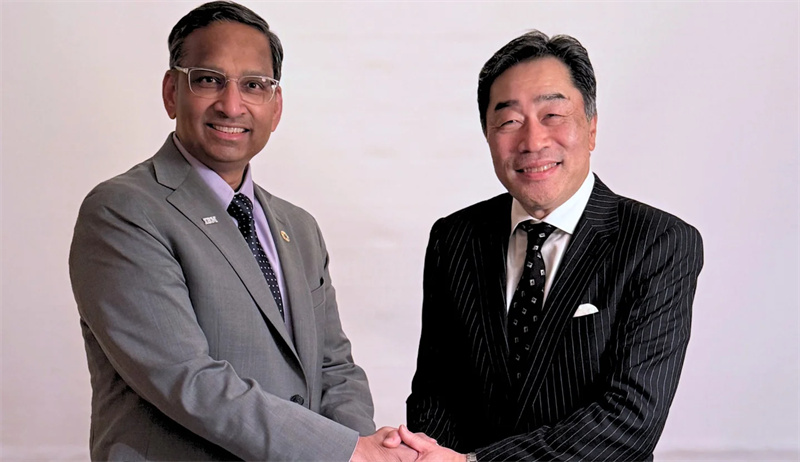Japan's semiconductor industry is seeing a major revival, with strategic expansions and partnerships aiming to restore its global competitiveness after decades of decline.
ASML to Quintuple Japan Staff to Support EUV Growth
Dutch chip equipment giant ASML plans to increase its machine maintenance staff in Japan fivefold by 2027, responding to the country's rapid adoption of Extreme Ultraviolet (EUV) lithography systems. EUV technology, critical for next-generation chip production, is notoriously complex, requiring around-the-clock on-site support. ASML estimates that each minute of EUV downtime can cost chipmakers thousands of dollars in lost productivity.
The move reflects growing momentum in Japan's chip sector. Rapidus, a new Japanese chipmaker, received its first EUV machine in December and recently launched a prototype 2nm production line in Hokkaido. U.S. memory giant Micron is also gearing up for advanced DRAM production in Hiroshima next year.
As part of this broader shift, Tokyo Electron—Japan's largest chip equipment supplier—plans to hire 3,000 people by 2027. Kokusai Electric, another domestic player, aims to boost its support and service staff by 50% over five years. These efforts are part of Japan's informal “EUV technology alliance,” combining American tech, Japanese manufacturing, TSMC's Kumamoto fab, and Rapidus in a bid to reclaim lost ground in the semiconductor race.

IBM and Tokyo Electron Extend Partnership for AI-Era Chips
In another key development, IBM and Tokyo Electron have renewed their long-running semiconductor R&D partnership for another five years. The focus: developing advanced nodes and chip architectures to support generative AI.
Their collaboration—centered at the Albany NanoTech Complex, now designated as America's first National Semiconductor Technology Center—has already yielded breakthroughs in 3D chip stacking and EUV patterning. Both companies aim to push further into chiplet-based design and high-NA EUV to meet future performance and energy efficiency demands.
IBM Semiconductor GM Mukesh Khare called the partnership “critical” to driving innovation in the AI era. TEL CEO Toshiki Kawai echoed the sentiment, noting the trust and innovation built over 20 years of joint development.
With ASML expanding support, Rapidus advancing its roadmap, and IBM-TEL deepening their R&D efforts, Japan is building serious momentum in its quest to reassert itself as a global semiconductor powerhouse.
Rapidus in Talks with Apple and Other Tech Giants
Rapidus is in discussions with 40–50 potential clients—including major U.S. tech companies like Apple, Google, Microsoft, Amazon, and Meta—to begin mass production of 2nm chips by 2027. While CEO Atsuyoshi Koike stopped short of naming Apple directly, he confirmed talks with top-tier tech firms, many of which are seeking alternatives to Chinese suppliers due to geopolitical tensions.
Koike noted that Rapidus engineers include veterans from Japan's former chip leaders and have a strong grasp of 2nm processes. The company claims its manufacturing cycle—from order to assembly—can be two to three times faster than competitors like TSMC. Rapidus has already signed memoranda of understanding with startups such as U.S.-based AI chip company Tenstorrent, but still needs to prove its capabilities to land deals with major players like Apple.
Japan's semiconductor industry is experiencing a resurgence, with key players like ASML, IBM, and Rapidus making strategic moves to reclaim global competitiveness. Expansions, partnerships, and technological advancements are positioning Japan to become a major force in next-gen chip production, especially in the face of growing geopolitical challenges.
+86 191 9627 2716
+86 181 7379 0595
8:30 a.m. to 5:30 p.m., Monday to Friday
